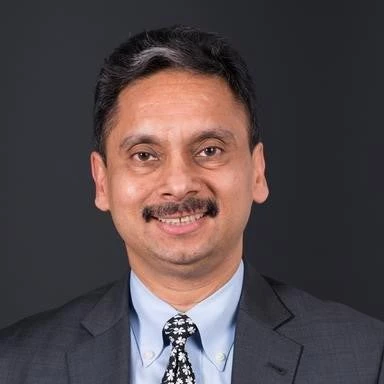
The fact that this conference is about lesbian, gay, bisexual, transgender and intersex (LGBTI) people, and how governments and development institutions can address exclusion based on sexual orientation and gender identity (SOGI), causes me to reflect on those who have to face this stigma because they do not conform to the expectations of society.
Too often, the world can feel like a harsh and non-inclusive place for people who don’t fit others’ ideas of how they should look, think, speak, feel, behave – how they should “be”. This has real impacts on individuals, communities, and economies.
However, the Sustainable Development Goals (SDGs) provide great opportunity for more inclusive development – opportunity for a seismic change in human development. After all, the overarching principle adopted with the SDGs is the theme of today’s conference – “leaving no one behind”. Whether it’s the SDGs, or the World Bank’s twin goals of ending extreme poverty and increasing shared prosperity, I believe that these lofty goals can only be achieved through economic and social inclusion of the most marginalized.
A World Bank-specific opportunity to help achieve these goals is our new Environmental and Social Framework – the ESF. The Framework contains new standards agreed to by our Executive Board – standards to promote environmental and social sustainability – requiring programs and services supported by World Bank loans and grants to go beyond “do no harm”, and, in fact, not discriminate against any group. They require that benefits from projects supported by the World Bank should provide benefits without discrimination, and, with the added support of a precedent-setting Directive Addressing Risk and Impacts on Disadvantaged or Vulnerable Individuals or Groups, including on the basis of SOGI. Indeed, at the time of the adoption of the ESF the Bank issued this Directive that specifies that SOGI inclusion is one of the issues that Bank staff are responsible for addressing. This is a first for the World Bank, and makes it a leader among international financial institutions, and it will help ensure that we will be able to move the needle on SOGI inclusion.
LGBTI-specific data can make a big difference in our efforts to promote SOGI inclusion, but we need much more data than we currently possess if we are to convince many of our client countries that economic and social exclusion based on SOGI is a major problem – a problem for the individuals concerned, as well as a problem for their countries’ economies.
We have huge data gaps that need to be filled, and generating that data is a priority for the World Bank, as such data is necessary to underpin more effective policies and programs meant to ensure inclusion. The cost of exclusion, to individuals and to economies, is simply too high.
In the area of economic inclusion – of particular interest to the World Bank – the sparse data that does exist on this topic indicates that in Bank client countries, sexual and gender minorities are likely over-represented among the poor – the economic bottom 40% – and are at great risk of being left out of any increases in a nation or a community’s prosperity. That is, they are left out of economic growth.
So, will more and better data and the World Bank’s new ESF help “leave no one behind”? Well, not data alone, and not the ESF alone. But each of these things will help address exclusion – and help ensure inclusion. Including SOGI inclusion.



Join the Conversation